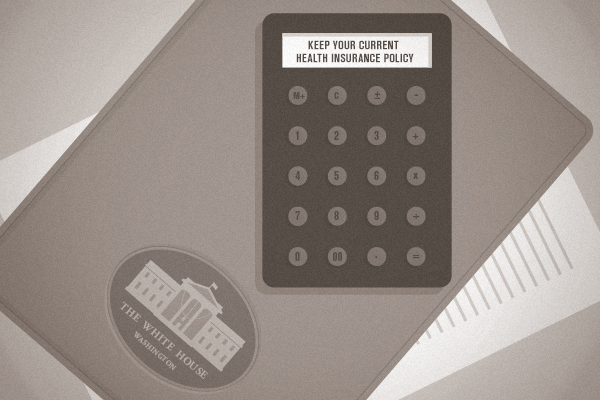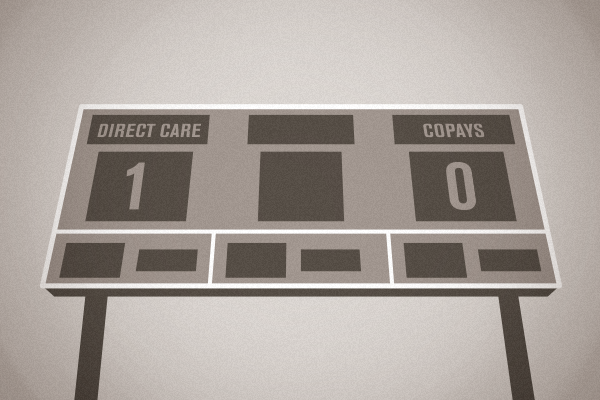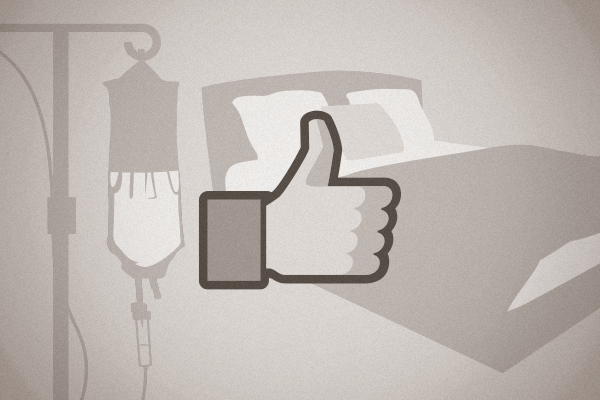We’ve heralded the Atlas MD-style of direct care for years now. Mostly for its simplicity — you get rid of the most aggravating part of practicing medicine, the insurance billing; you start spending more time with patients, who actually pay you; you make more money, doing the enjoyable part of your job. Then add on the benefits to your local community, such as decreased ER visits. This means emergency staff can focus on legitimate trauma, and not be burdened by cases that yes, might be painful, but can be quickly remedied by your on-call physician. Oh, and by providing 24/7 access to a doctor for a yearly fee of around $600 patients actually make appointments (by the way, $600 equals less than two months of a typical full coverage, PPO health insurance plan, an expensive plan you won’t need since your doctor visits are now free, along with copious other procedures). And, to top it off, things like MRIs and other costly procedures have been negotiated at reduced costs. Don’t forget downstream benefits of proactive care for insurance companies who won’t dole out payments to treat preventable conditions like high blood pressure and type II Diabetes.
Oh, right, but we had something to add to the snowballing benefits of direct care. Practicing physicians can also cut their malpractice insurance premium in half *. Yep, that’s right. Even the insurance agencies know that when patients come in to see a direct care physician, their doctor has time to make proper diagnoses, and provides more reliable care. Therefore, the chances of something being overlooked or mistreated are reduced.
* According to Brian Forrest, MD





